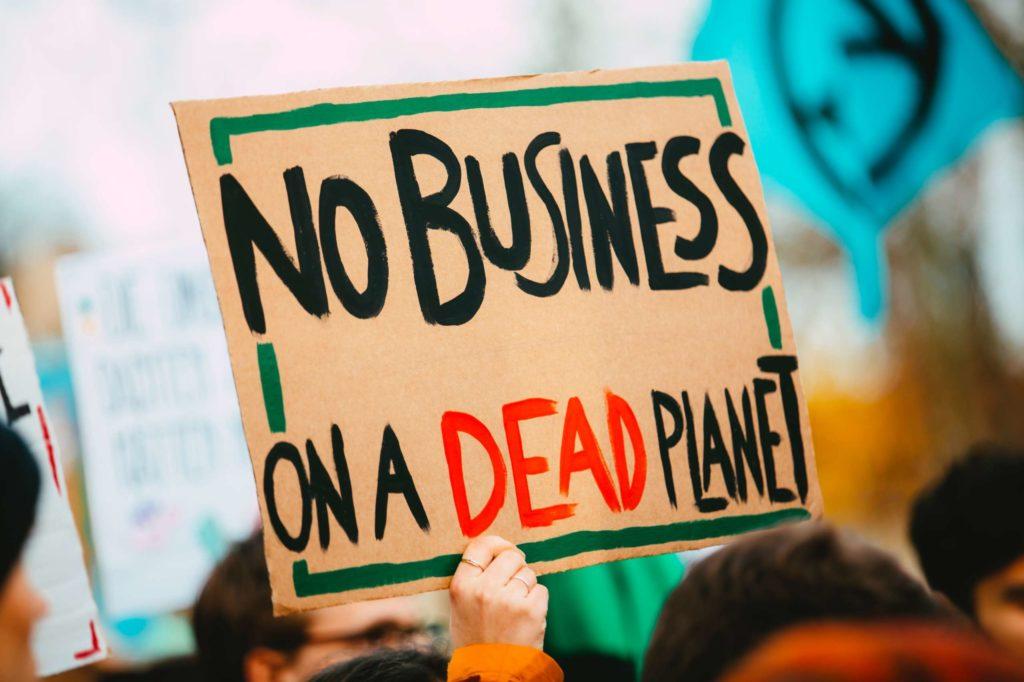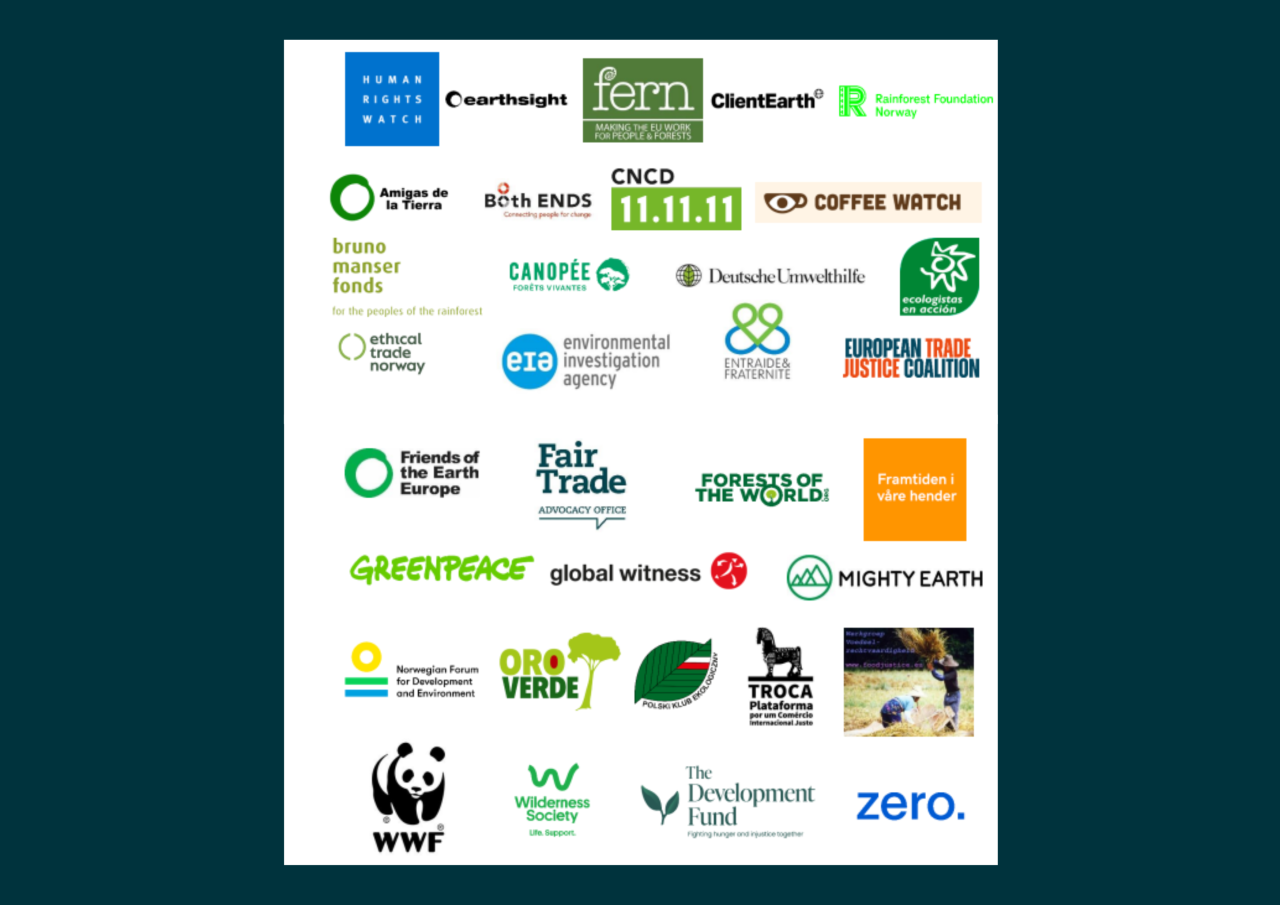Championing Fair Trade, Advocating For a Sustainable Future
The Fair Trade Advocacy Office amplifies the voices of marginalised producers and workers, driving global change for trade that values people and the planet.
Who We AreWe Advocate
We monitor and influence EU legislation, policies and their implementation.
We Collaborate
We catalyse the Fair Trade Movement’s collaboration at international level.
We Facilitate
We facilitate the sharing and co-creation of knowledge by the Fair Trade Movement and researchers.
Latest Publications
FTAO calls for stronger EU rules to protect Fair Trade and prevent fairwashing
5 May 2025
What the EU's Ecodesign for Sustainable Products Regulation needs to focus on to ensure positive impact for smallholder farmers and artisans in the textile sector
The FTAO's recommendations to ensure a fair transition in the EU's textile sector
15 April 2025
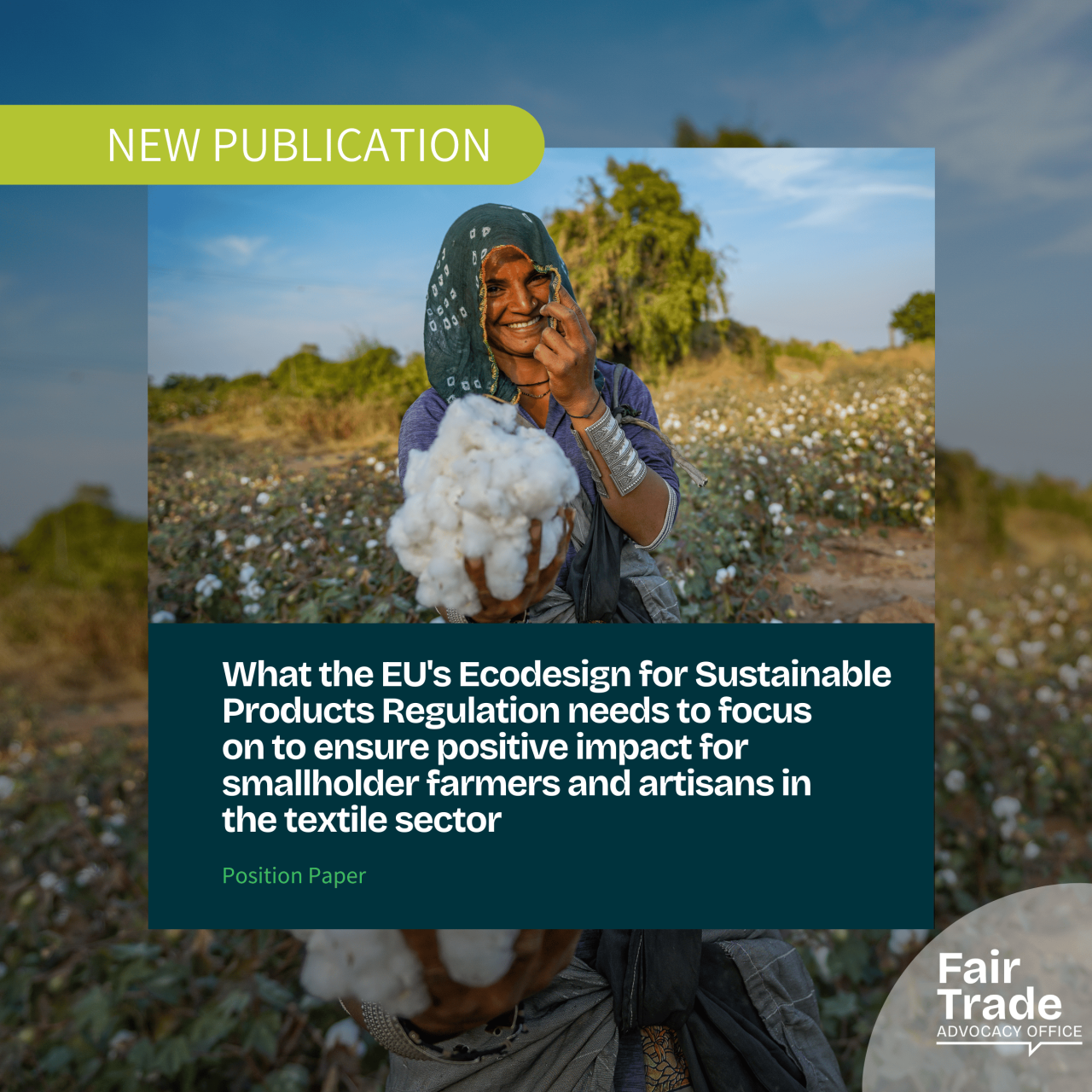
How the Omnibus package prevents the Corporate Sustainability Due Diligence Directive from supporting global supply chain resilience
Over 40 CSOs and smallholders' representative organisations call on the European Parliament and the Council of the EU to preserve the core elements of the CSDDD that enable supply chain resilience
7 April 2025
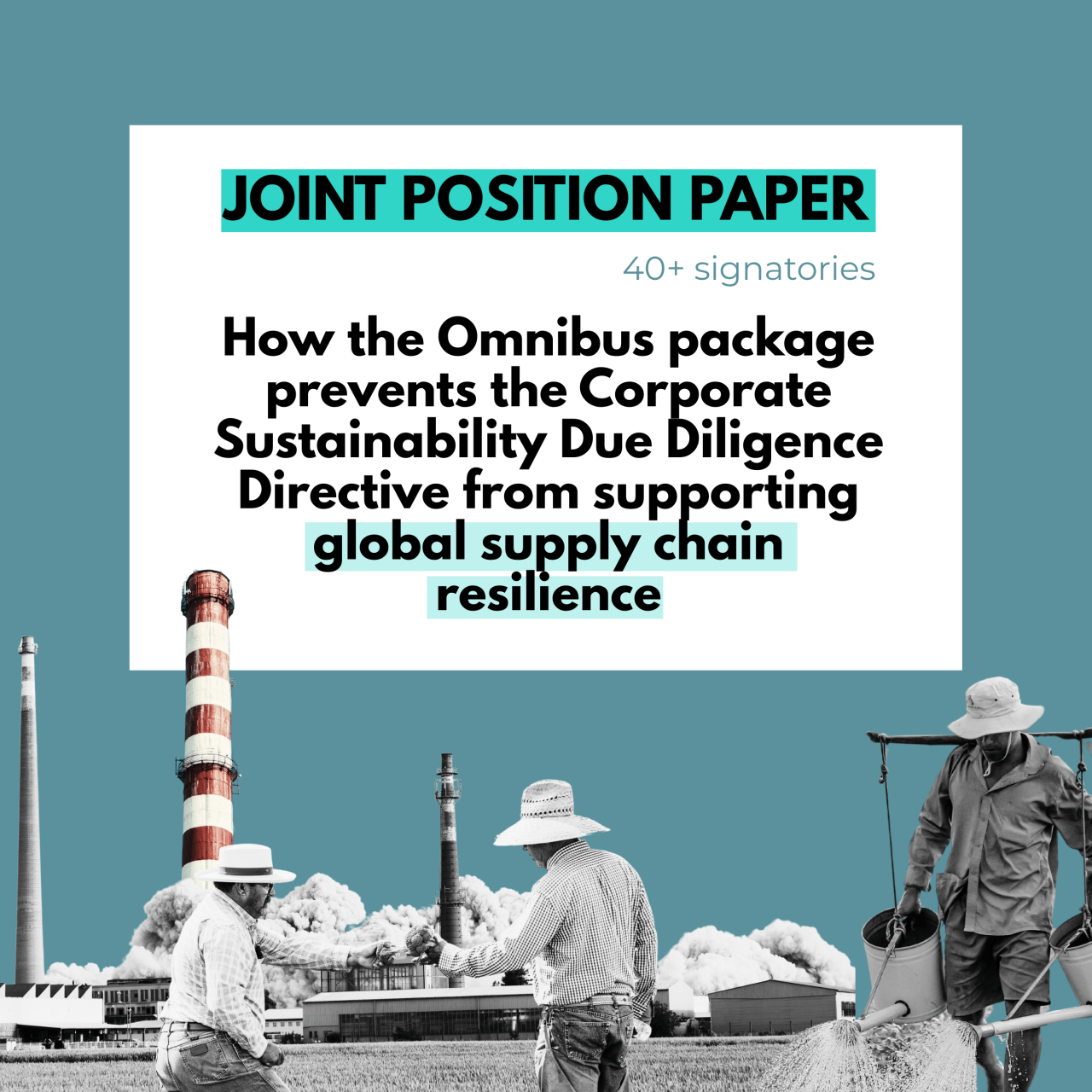
The FTAO's position on the proposed amendments to the Common organisation of agricultural markets (CMO)
19 March 2025
Latest News
Sustainable Public Procurement
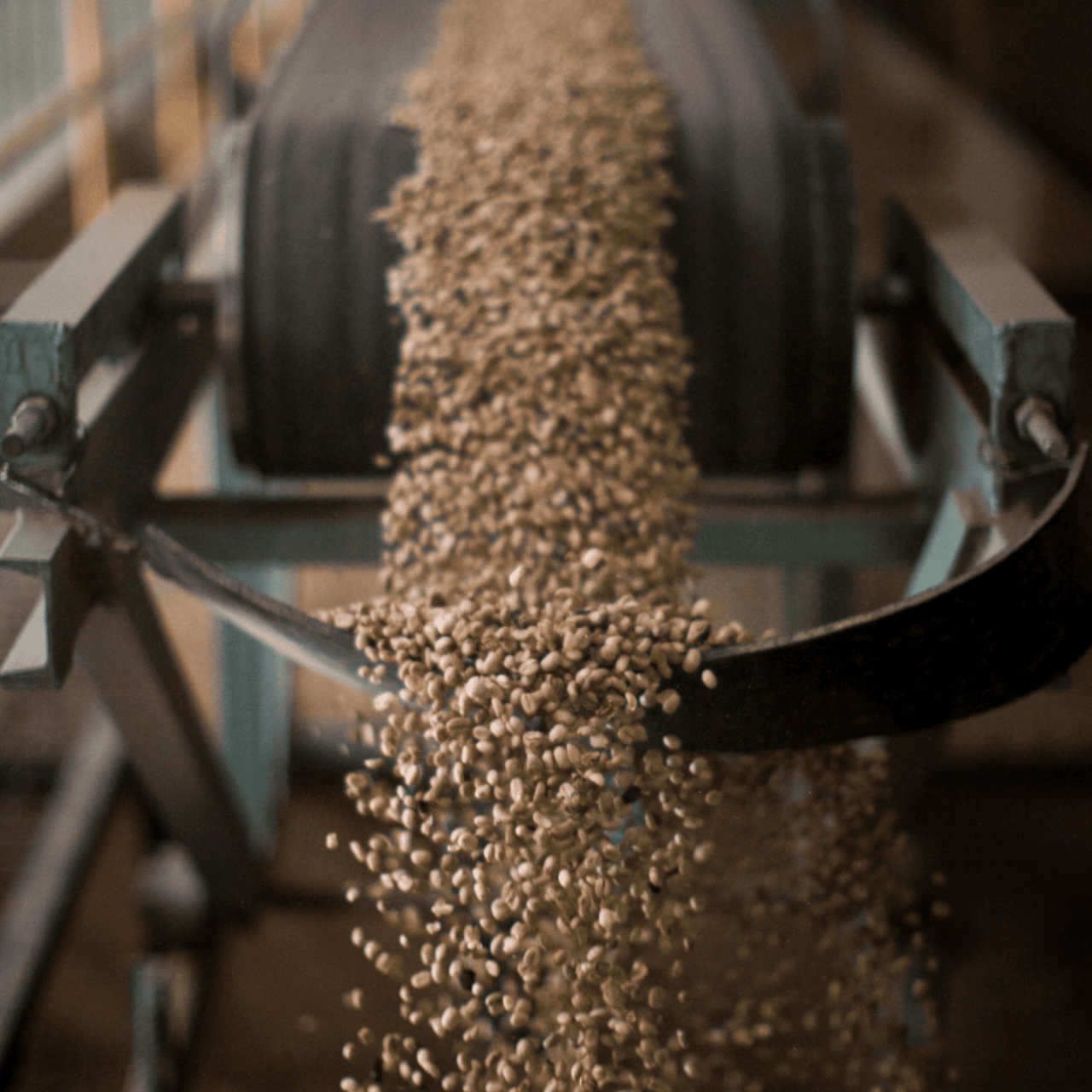

8 April 2025
The FTAO’s feedback to the European Commission’s call for evidence and public consultation for the evaluation of the Public Procurement Directives
Unfair Trading Practices in the Agri-food Supply Chain
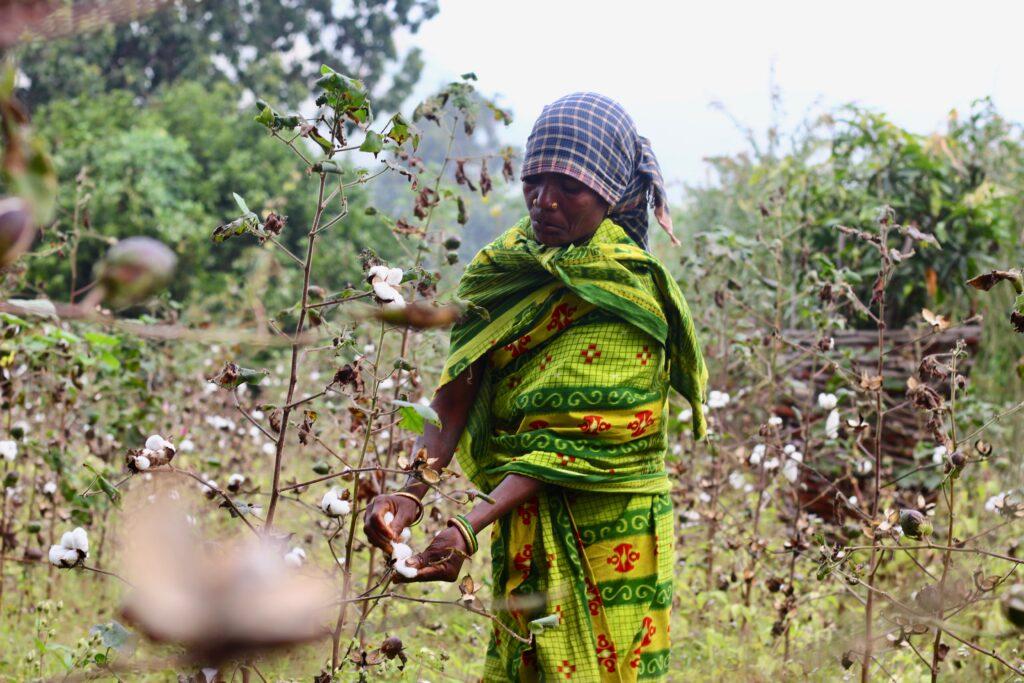

4 March 2025
